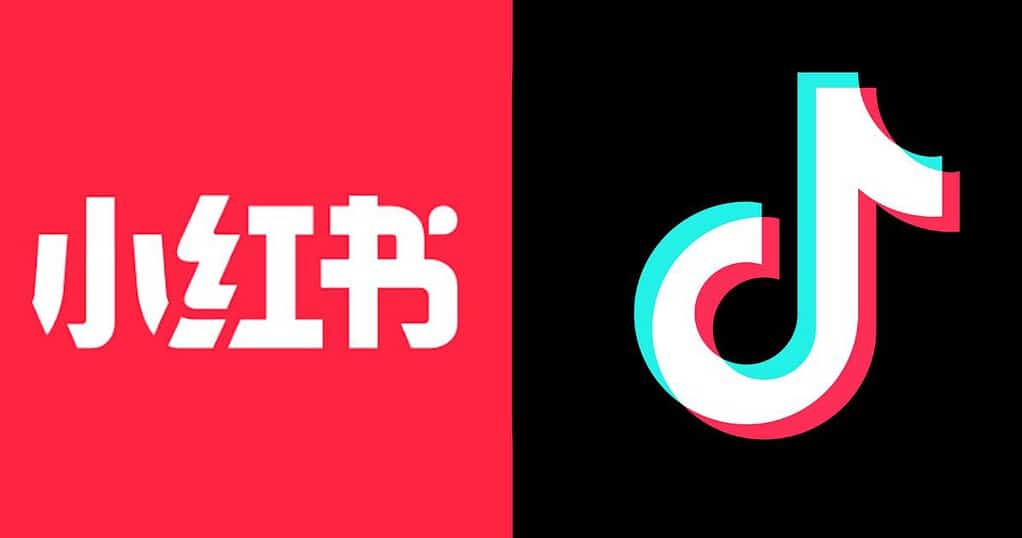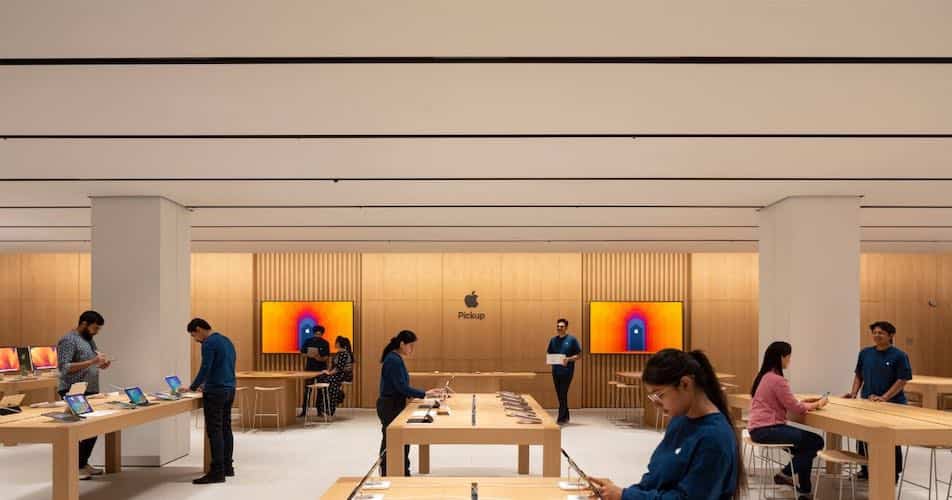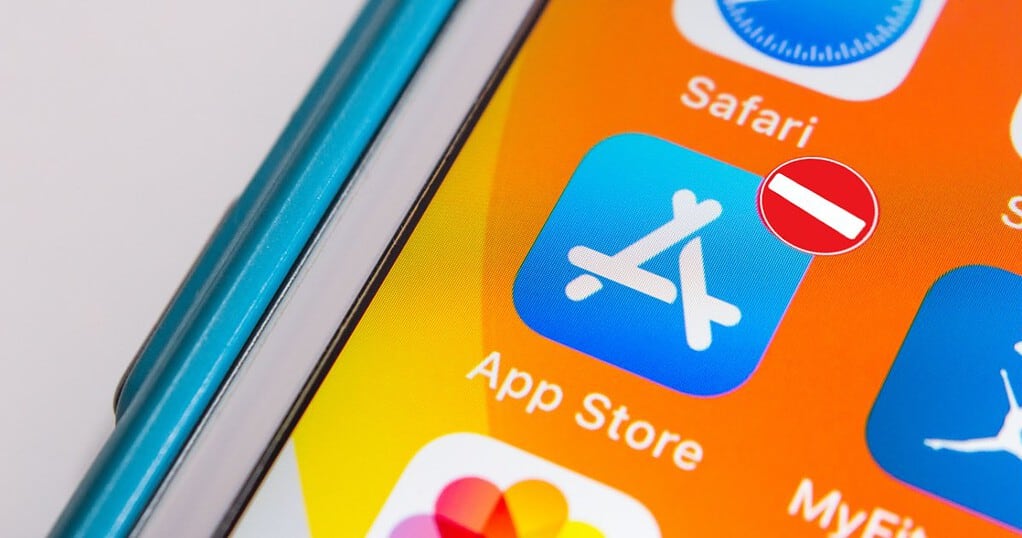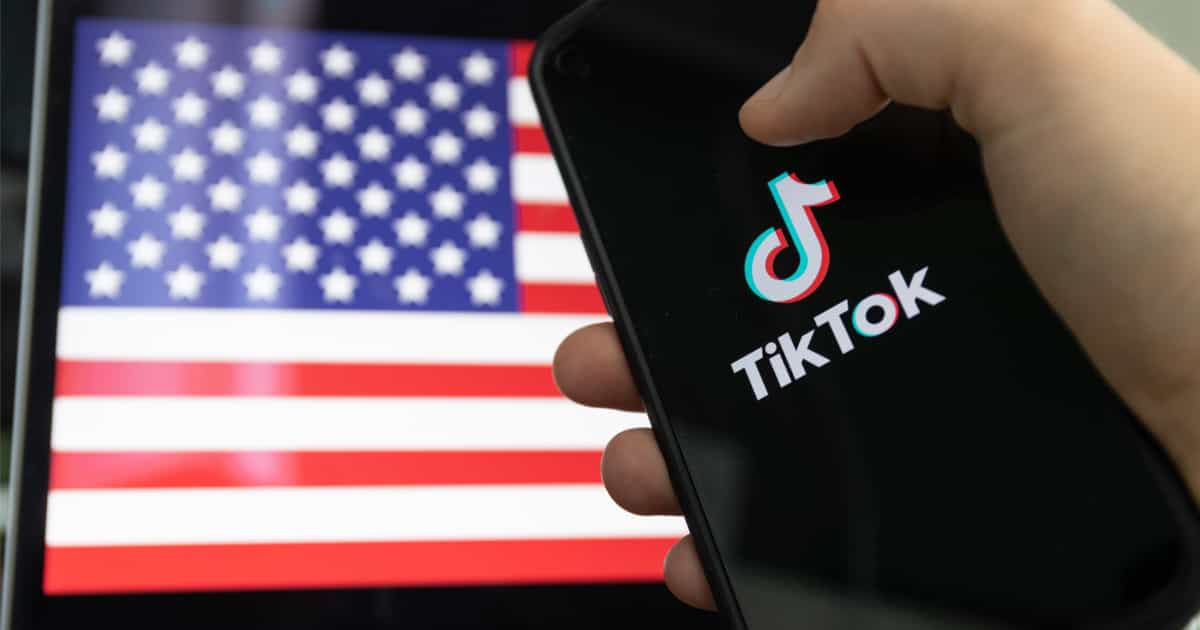Surprise! TikTok just got a 75-day delay on its ban, again. The U.S. government has postponed enforcement on the grounds of ongoing negotiations and “deal-making flexibility.” It’s the latest twist in a years-long effort to force ByteDance, the Chinese parent company, to sell its U.S. operations or risk being pulled from the App Store.
But the delay reveals a deeper issue: there’s still no clear long-term strategy for handling foreign-owned apps. And more importantly, no one can seem to tell who actually decides what stays on your iPhone. While lawmakers, tech companies, and TikTok scramble to strike a deal, the role of platform gatekeepers like Apple and Google has never been more critical.
The Real Problem: No Clear Strategy for Foreign-Owned Apps

The U.S. still doesn’t have a consistent framework for regulating foreign-owned apps. Bans are being proposed one at a time, often driven by political pressure or public panic, rather than through stable, tech-specific legislation.
TikTok isn’t the first case. Apps like WeChat and CapCut have also been in the spotlight, but nothing ever gets resolved in the long term. The lack of structure leaves companies in limbo and sets a precedent where platforms can be removed based on shifting national security narratives, not standardized review processes.
Without a playbook, every case becomes a guessing game. Who gets banned? Who doesn’t? And what counts as a threat? Meanwhile, app developers and users are stuck waiting. There’s also the risk of retaliation from other countries targeting U.S. tech in return. The U.S. needs to regulate digital ecosystems without turning global tech into a chessboard for geopolitics.
What Apple (and Google) Are Dealing With

Apple doesn’t make the rules, but it still has to enforce them. That’s the awkward position it’s in when bans like this happen. If the government decides that TikTok has to be removed, it’s up to Apple to pull it from the App Store. But there’s no official policy that outlines how or when this should happen, just executive orders and vague legal pressure. The company’s role as a gatekeeper turns into a legal liability. You can revisit the EU’s hollow DMA penalty for historical reference.
Behind the scenes, it’s also a logistical and legal nightmare. Removing an app like TikTok will affect millions of users and create enforcement questions across borders. What happens if someone changes regions or re-downloads the app from a backup? What if TikTok pushes updates through alternative channels? As much as the government would hate to admit it, the App Store is the last line of defense.
Who Really Decides What Stays on Your Phone?

Technically, the government can ban an app. But in practice, it’s Apple that pulls the trigger. The App Store’s rules give Apple full control over what’s listed, updated, or removed, even without federal intervention. That means policy decisions often get filtered through Apple’s internal review process, App Store guidelines, and regional compliance teams before they ever reach the user. Google has a similar role on Android, but Apple’s closed ecosystem makes its control more centralized and harder to bypass.
That control comes with responsibility, but also ambiguity. Apple doesn’t always explain app removals, and when bans come from external pressure, the company becomes both the enforcer and the scapegoat. Users don’t vote on what apps stay. Developers don’t get a court hearing. The system puts the final say in the hands of a trillion-dollar company that’s accountable mostly to itself. Until regulation catches up, what stays on your iPhone is still a matter of platform politics, not public consensus.
Why This Could Be Just the Beginning
The 75-day delay highlights that the U.S. still doesn’t have a system in place for regulating foreign apps. Without clear policies, the government will keep reacting case by case, forcing companies into rushed negotiations and public standoffs. This won’t end with TikTok. Other apps tied to foreign ownership, like Temu and CapCut, could face the same cycle.
Apple is in a difficult spot. The company controls the platform, but not the politics. As long as lawmakers avoid long-term regulation, Apple will have to keep responding to bans, restrictions, and court orders one at a time. That’s not sustainable, and it’s a preview of what’s next for the App Store.
